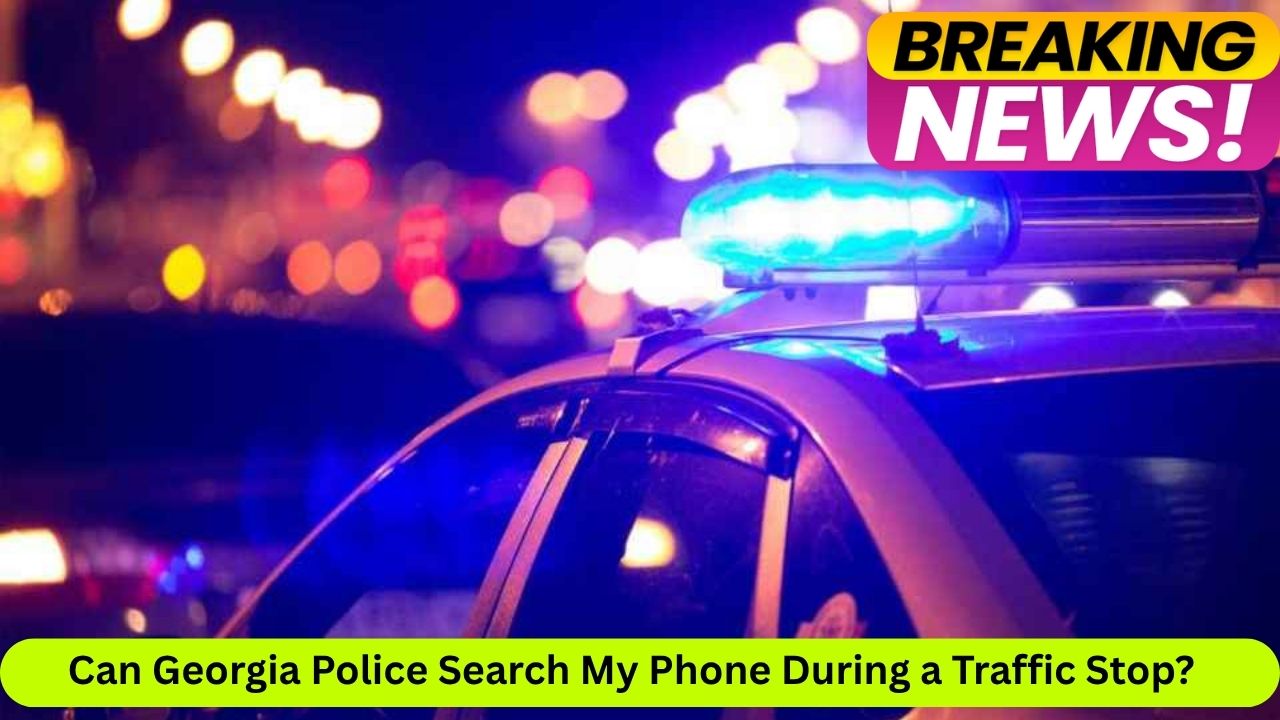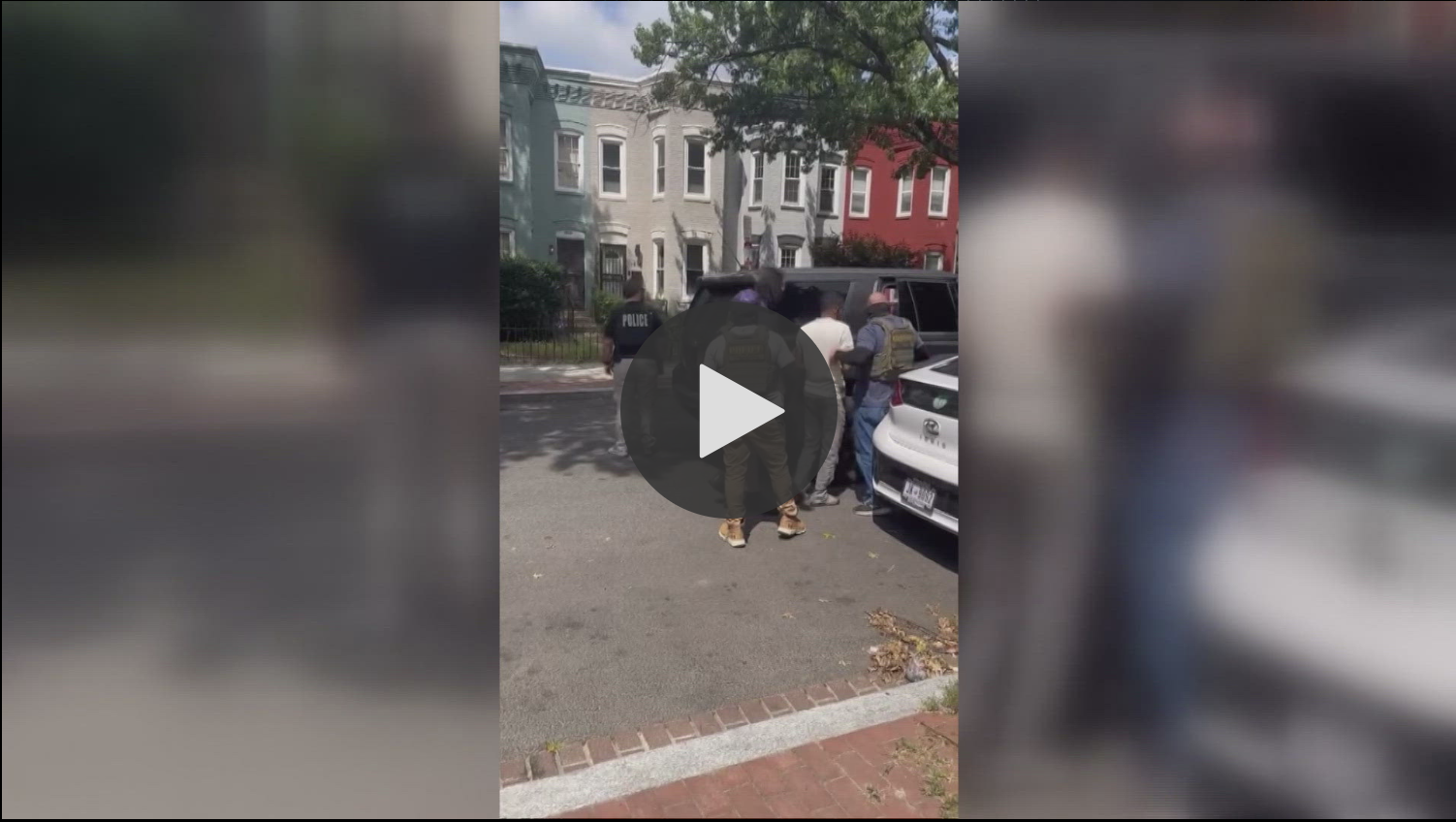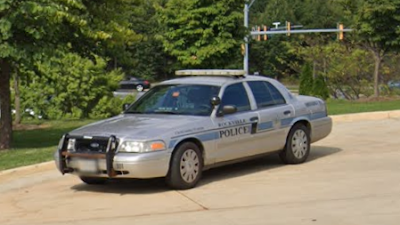Imagine you’re driving through Atlanta, Georgia, and suddenly you’re pulled over by a police officer. After asking for your license and registration, the officer casually asks if they can look through your phone. Would you know your rights? Do Georgia police officers even have the authority to search your phone during a traffic stop?
This is a question that drivers from Savannah to Augusta, from Macon to Alpharetta, often ask. In this article, we will explore what the law says about phone searches during traffic stops in Georgia. We’ll dive into the Constitution, state laws, and recent legal trends to help you better understand your rights and how to protect your privacy.
What Happens During a Typical Georgia Traffic Stop
In Georgia, as in many other states, a traffic stop is initiated when an officer observes a suspected violation of the traffic laws. This can include speeding, a broken tail light, failing to signal, or even suspicion of driving under the influence (DUI).
Once stopped, the officer may:
-
Ask for your license, registration, and insurance
-
Observe your behavior for signs of impairment
-
Ask questions about your travel plans
-
Possibly ask for permission to search your vehicle or belongings
Some traffic stops are routine. Others escalate into something more serious. It’s during these moments that a seemingly harmless question—like asking to see your phone—becomes a legal minefield.
Fourth Amendment Protections
At the core of the debate over phone searches is the Fourth Amendment of the U.S. Constitution. It protects citizens from “unreasonable searches and seizures” by the government.
The Fourth Amendment requires that searches be:
-
Supported by probable cause
-
Accompanied by a warrant in most situations
-
Or fall within certain legally defined exceptions
Phones are considered personal effects, and courts have consistently ruled that people have a reasonable expectation of privacy in their smartphones. This was firmly established by the 2014 Supreme Court ruling in Riley v. California, which declared that police must obtain a warrant to search a phone—even during an arrest.
Phone Privacy Laws in Georgia
Georgia generally follows federal standards on phone privacy, but state law enforcement practices can vary from city to city.
Under Georgia law:
-
A phone is treated as private personal property
-
Searching its contents requires either your consent or a warrant
-
Georgia courts have emphasized the “expectation of privacy” in digital data
This means that unless one of the exceptions applies—or you explicitly agree to a search—officers cannot legally search your phone during a traffic stop without a warrant.
When Police Can Legally Search Your Phone
There are only a few situations where Georgia police can lawfully search your phone without a warrant:
-
You give consent (verbally or by unlocking the device)
-
They have a valid search warrant from a judge
-
There are exigent circumstances (immediate threat to life or public safety)
-
Your phone is part of evidence in a crime already in progress
For example, if officers in Columbus pull someone over for DUI and see that the driver was filming themselves driving recklessly on social media, that might count as probable cause, prompting a judge to quickly issue a warrant for phone data.
When Police Cannot Search Your Phone
If none of the conditions above are met, Georgia police officers are not allowed to search your phone. This applies in:
-
Routine traffic stops for speeding or broken taillights
-
Stops where the officer “just wants to look around”
-
Situations where there’s no immediate threat or suspicion of a crime
For instance, if you’re pulled over in Athens for failing to signal, and the officer asks to look through your phone, you can politely decline. They’re not legally allowed to force a search without further justification or a court order.
Consent: A Legal Gray Area
Many phone searches in Georgia occur not because of warrants—but because drivers unknowingly give consent.
Officers might say:
-
“Do you mind if I take a quick look at your phone?”
-
“Can I check your messages to clear something up?”
-
“Just unlock your phone for a second.”
If you agree, even reluctantly, that can be interpreted as voluntary consent—and you’ve given up your protection.
In cities like Marietta and Warner Robins, there are reports of officers using “soft ask” techniques to gain consent. It’s your right to say no.
Exceptions to the Warrant Requirement
There are a few specific exceptions when officers in Georgia may be allowed to search a phone without a warrant:
-
Exigent Circumstances
If there’s an imminent threat (like a bomb threat or kidnapping), officers can act quickly to prevent harm. -
Search Incident to Arrest
While this applies to physical items, Riley v. California ruled that phones are not included unless there’s a warrant. -
Plain View Doctrine
If illegal content is visible on the screen (e.g., drug deals in progress), this could create probable cause.
However, these are narrow exceptions and not the norm for most traffic stops across Georgia.
What Happens If You Refuse to Unlock Your Phone?
If you say “no” to a search, the officer cannot legally proceed without a warrant. But what happens if they ask you to unlock your phone?
Under both Georgia and federal law:
-
You are not required to give your password or fingerprint
-
You can remain silent and request an attorney
-
Forcing a password could violate your Fifth Amendment rights
In Atlanta, several cases have made headlines where drivers refused to unlock their phones during searches and were later vindicated in court.
Can Police Use Phone Data Against You?
Yes—if police legally obtain access to your phone, the data can be used in court. This includes:
-
Text messages
-
Call logs
-
Photos and videos
-
GPS location history
-
App data (like Uber rides or dating apps)
If the data was obtained without consent or a warrant, your attorney can file a motion to suppress, which may lead to the evidence being thrown out.
Recent Georgia Case Examples
Here are some real or illustrative examples of how phone search issues have played out in Georgia:
-
Atlanta (2023): A man was pulled over for running a red light. Police asked to search his phone without probable cause. The court later ruled the search was unconstitutional.
-
Savannah (2022): Police obtained a search warrant after a traffic stop escalated into a drug investigation. Phone data played a major role in the conviction.
-
Macon (2021): An officer claimed a suspect gave “implied consent” by handing over a phone. The court disagreed, stating that “implied consent” was too vague for such a serious privacy breach.
These cases highlight the importance of knowing your rights—and asserting them clearly.
Cities Where Phone Searches Are More Common
While Georgia is generally protective of digital privacy, enforcement varies by region. Cities with a higher rate of traffic stops and police surveillance tend to have more frequent phone search requests.
-
Atlanta: Large city with advanced police tech and proactive digital investigations
-
Augusta: Several cases have been reported involving DUI stops and phone checks
-
Savannah: Known for strict DUI enforcement
-
Columbus: Aggressive policing around colleges and nightlife zones
-
Gainesville: Recent rise in traffic enforcement targeting distracted driving
Travelers and residents in these cities should be especially cautious about interactions with law enforcement during routine stops.
Tips for Protecting Your Rights During a Traffic Stop
-
Stay calm and respectful
Don’t escalate the situation. Calm behavior keeps you safer. -
Ask: “Am I being detained or am I free to go?”
This sets the tone and lets the officer know you’re aware of your rights. -
Do not consent to a search
Politely but firmly say, “I do not consent to a search of my phone.” -
Do not unlock your phone
Refuse to provide your passcode or fingerprint. -
Record the interaction
Georgia is a one-party consent state, so you can legally record the stop. -
Get a lawyer
If your phone is searched illegally, an attorney can help suppress the evidence.
What to Do If Your Rights Are Violated
If you believe your phone was searched unlawfully:
-
Write down everything that happened
-
Preserve any video or audio recordings
-
Note the officers’ badge numbers and patrol car information
-
Contact an attorney immediately
-
File a formal complaint with the local police department
Organizations like the Georgia ACLU may also be able to assist with legal advice or advocacy.
Conclusion
Whether you’re driving through the busy streets of Atlanta or the quiet roads of Rome, Georgia law makes it clear: police generally need a warrant or your consent to search your phone. You have rights under the U.S. Constitution and Georgia law, and understanding them can protect your privacy and freedom.
Never feel pressured to hand over your device. The moment you unlock your phone without a warrant, you’ve potentially given up critical protections.
So the next time a Georgia officer says, “Mind if I take a look at your phone?”—you’ll know exactly what to say.
















Leave a Reply